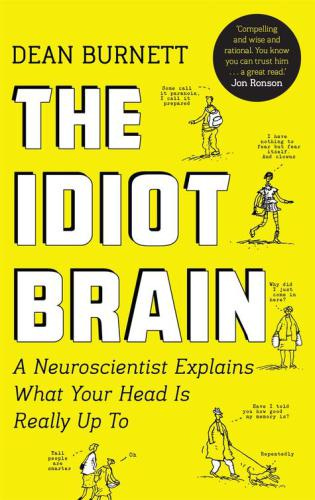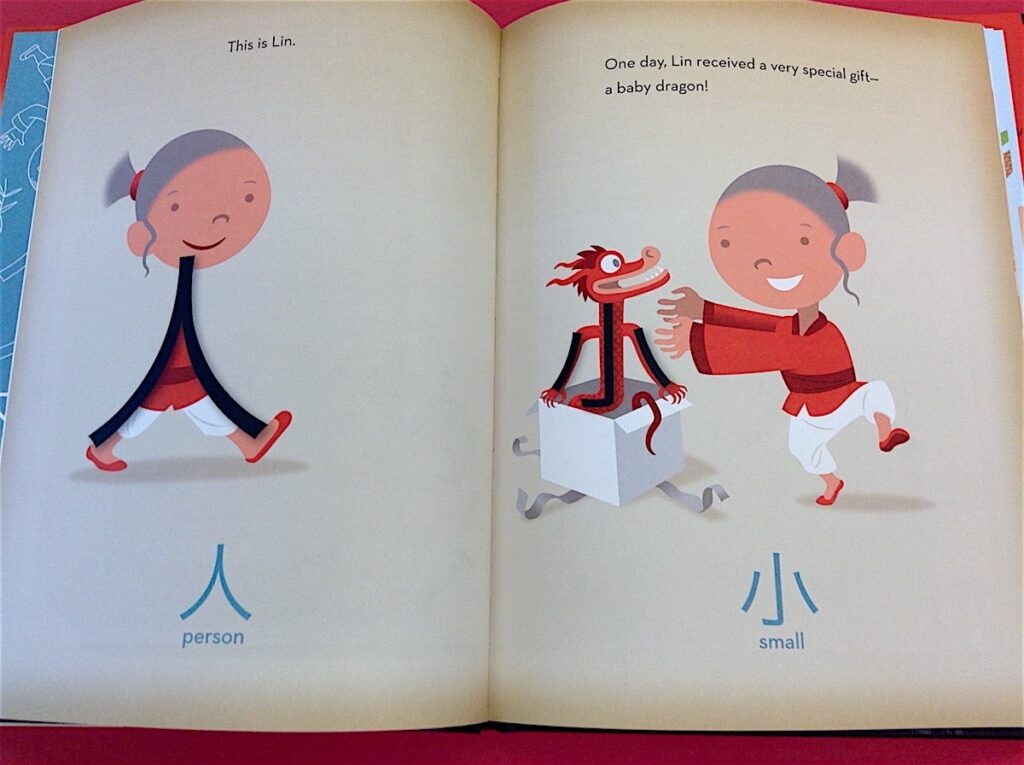Book Freak 168: The Idiot Brain
A Neuroscientist Explains What Your Head is Really Up To

You probably feel normal most of the time, but below the surface, your brain is doing some extremely weird things. In his fascinating and funny book, The Idiot Brain, neuroscientist Dean Burnett guides us through the bizarre workings of our “idiot brains,” which often seems to work against us — from motion sickness to memory quirks to irrational fears. He reveals the latest research on how our gray matter functions (and malfunctions) and provides guidance on how the brain can help itself be a little smarter.
Four key pieces of advice from the book:
Memory is Egotistical
“Your memory often tweaks and adjusts the information it stores to make you look better, like a doting mother pointing out how wonderful her little Timmy was in the school play, even though little Timmy just stood there, picking his nose and dribbling.”
Our memories can be unreliable and biased towards making us look or feel better about ourselves. Be aware that your recollections may not always be as accurate as you think.
Embrace Randomness
“The brain really doesn’t handle randomness well. The brain seems to struggle with the idea that something can happen for no discernible reason other than chance. It might be yet another consequence of our brains seeking danger everywhere – if there’s no real cause for an occurrence then there’s nothing that can be done about it if it ends up being dangerous, and that’s not tolerable.
Recognize that our brains often try to find patterns or meaning where there may be none. Be aware that this tendency can lead to misinterpretations or false beliefs.
Depression Defies Logic
“Depression is not logical. Those describing suicide and depression as selfish apparently struggle with this concept, as if those with depression make a table or chart with the pros and cons of suicide and, despite there being more cons, selfishly opt for suicide anyway.”
Have compassion for those struggling with depression. Their experiences and decisions may not seem logical to others, but their suffering is real and shouldn’t be dismissed as selfishness.
Love is a Neurochemical High
“Being in love seems to elevate dopamine activity in the reward pathway, meaning we experience pleasure in our partner’s presence, almost like a drug. And oxytocin is often referred to as ‘the love hormone’ or similar, which is a ridiculous oversimplification of a complex substance, but it does seem to be elevated in people in relationships, and it has been linked to feelings of trust and connection in humans.”
Appreciate the powerful neurochemical effects of love and relationships. They can bring great joy, but also potentially cloud our judgment at times.
08/31/24




















